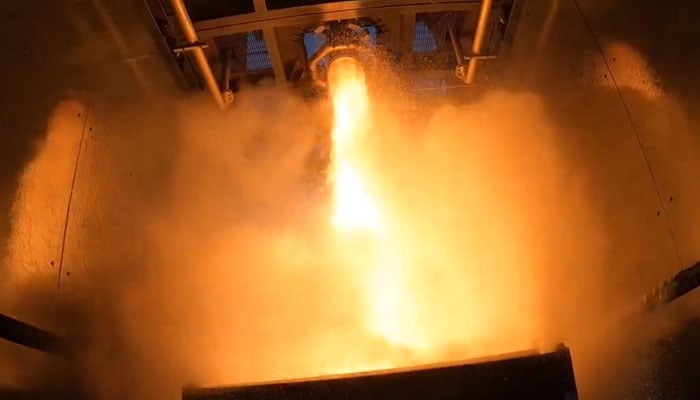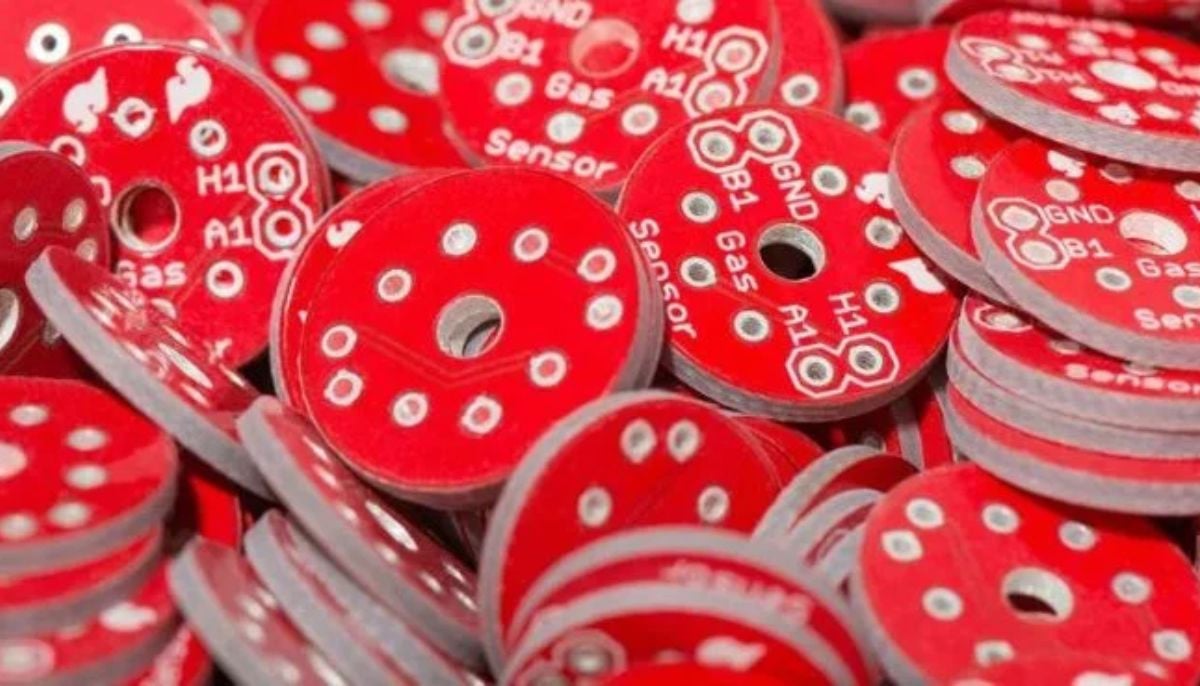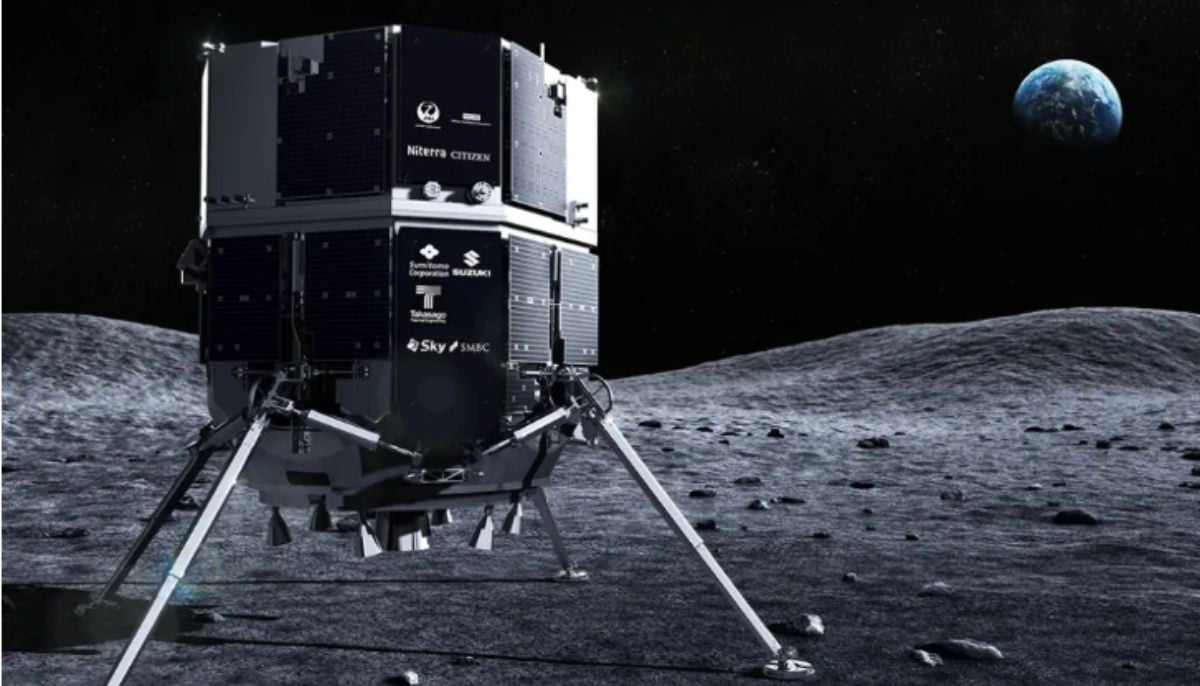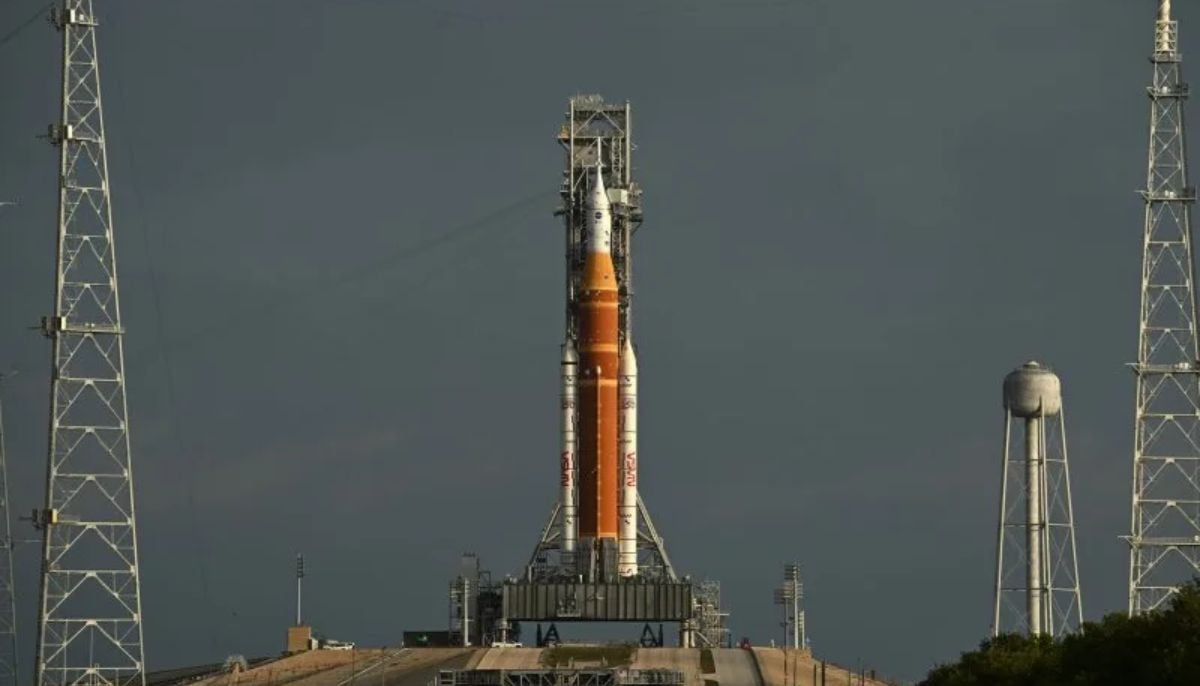Skyrora begins tests on 3D-printed rocket engine
Company plans to conduct orbital launches from SaxaVord Spaceport in Shetland Isles after receiving licence from UK's CAA
The use of enormous 3D printers by architects to construct buildings sent the world into a frenzy, but now something even crazier has shocked the world as new 3D-printed rocket engines are being tested at the largest UK facility of their kind in preparation for a potential space launch.
Skyrora, based in Edinburgh, has produced a 3D-printed rocket for the first time with its own Skyprint 2 machine, which, according to the company, cut production time in half and decreased costs compared to earlier designs.
The new model will be put to the test at the largest facility in the UK for testing rockets in Midlothian, which was formerly a quarry.
Each trial will require the engine to run for 250 seconds, which is how long it would need to run in a real mission to reach orbit. The trials will take place weekly throughout the summer.
The new engines, according to Skyrora's founder and chief executive, Volodymyr Levykin, a native of Ukraine, have brought the business closer to its first commercial orbital launch.
He added: "With our purpose-built rocket manufacturing and testing facilities in Scotland, we are proud to be localising as much of the launch value chain as possible.
He continued: "The new engine technology developed by Skyrora's engineers and the commitment to a sustainable design are a testament to the innovation taking place in the UK space sector."
The company intends to scale up production before additional tests of its three-stage launch vehicle, Skyrora XL, a 23-meter-tall rocket with a payload capacity of 315kg, should the 3D-printed engine trials prove successful.
The second and third stages, which give the vehicle its initial thrust, have already been successfully tested by the company, but the first stage will need to be tested using the new engines.
Moreover, the UK and EU space agencies have given financial aid to Skyrora.
Dr Paul Bate, director general of the UK Space Agency, claimed that the agency's "innovative" 3D-printed engines are "setting new standards" for manufacturing effectiveness and economical design.
Once the company obtains its licence from the Civil Aviation Authority, it intends to conduct orbital launches from SaxaVord Spaceport in the Shetland Isles, for which it submitted its application in 2022.
According to Sky News, Scott Hammond remained optimistic about the site hosting more launches before the end of 2023.
Furthermore, it follows the failure of a January attempt to launch an orbital satellite from Newquay. It was the nation's first-ever orbital mission. Virgin Orbit, the organisation in charge of the mission, filed for bankruptcy afterwards.
-
Archaeologists recreate 3,500-year-old Egyptian perfumes for modern museums
-
Smartphones in orbit? NASA’s Crew-12 and Artemis II missions to use latest mobile tech
-
Rare deep-sea discovery: ‘School bus-size’ phantom jellyfish spotted in Argentina
-
NASA eyes March moon mission launch following test run setbacks
-
February offers 8 must-see sky events including rare eclipse and planet parade
-
New study reveals biodegradable chip aims to reduce e-waste and air pollution
-
Scientists unveil new robotic mission for the moon
-
NASA reschedules Artemis II rehearsal due to Florida arctic outbreak












